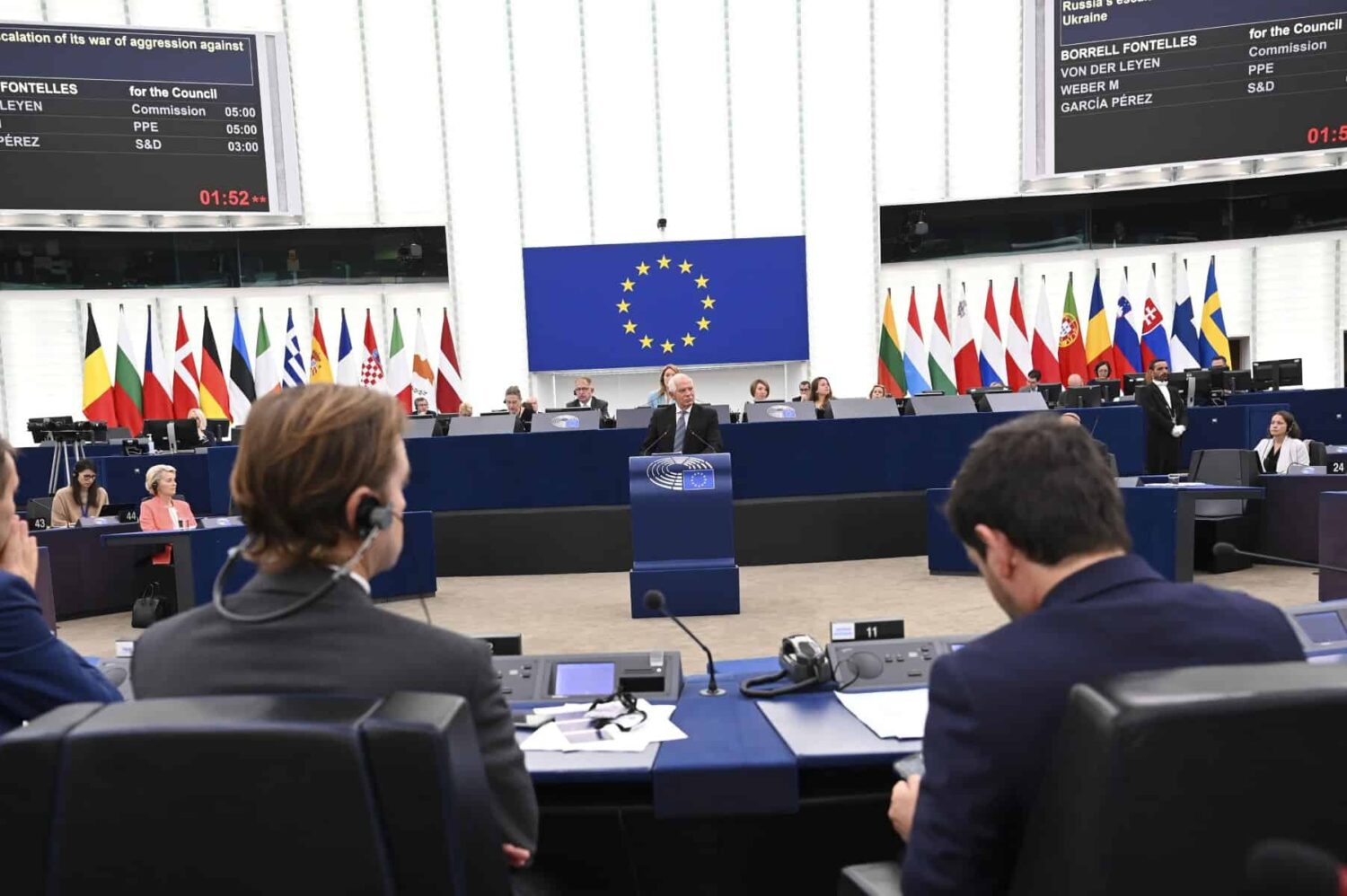BRUSSELS, BELGIUM– The European Commission proposed the Net-Zero Industry Act to scale up manufacturing of clean technologies in the EU and make sure the Union is well-equipped for the clean-energy transition, local media reports said.
This initiative was announced by President Ursula von der Leyen as a part of the Green Deal Industrial Plan.
The Act is likely to strengthen the resilience and competitiveness of net-zero technologies manufacturing in the EU, and make its energy system more secure and sustainable.
It aims to create better conditions to set up net-zero projects in Europe and attract investments.
The aim is that EU’s overall strategic net-zero technologies manufacturing capacity approaches or reaches at least 40 percent of the Union’s needs by 2030.
This will accelerate the progress towards the EU’s 2030 climate and energy targets and the transition to climate neutrality.
It will also boost the competitiveness of EU industry, creating quality jobs, and supporting the Union’s efforts to become energy independent.
The EU President said, “We need a regulatory environment that allows us to scale up the clean energy transition quickly. The Net-Zero Industry Act will do just that.”
She said, “It will create the best conditions for those sectors that are crucial for us to reach net-zero by 2050: technologies like wind turbines, heat pumps, solar panels, renewable hydrogen as well as CO2 storage.”
She added, “Demand is growing in Europezone and globally, and we are acting now to make sure we can meet more of this demand with European supply.”
Together with the proposal for a European Critical Raw Materials Act and the reform of the electricity market design, the Net-Zero Industry Act sets out a clear framework to reduce the EU’s reliance on highly concentrated imports.
By drawing on the lessons learnt from the COVID-19 pandemic and the energy crisis sparked by Russia’s invasion of Ukraine, it will help increase the resilience of Europe’s clean energy supply chains.
The proposed legislation addresses technologies that are likely to make a significant contribution to decarbonization.
These include: solar photovoltaic and solar thermal, onshore wind and offshore renewable energy, batteries and storage, heat pumps and geothermal energy, electrolyzers and fuel cells, biogas/biomethane, carbon capture, utilization and storage, and grid technologies, sustainable alternative fuels technologies, advanced technologies to produce energy from nuclear processes with minimal waste from the fuel cycle, small modular reactors, and related best-in-class fuels.
The Strategic Net Zero technologies identified in the Annex to the Regulation will receive particular support and are subject to the 40 percent domestic production benchmark.








